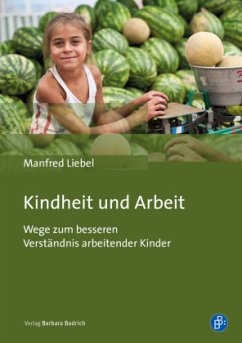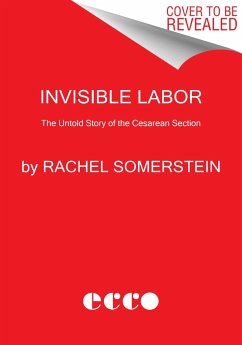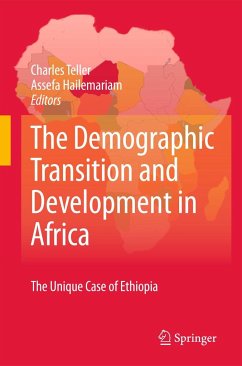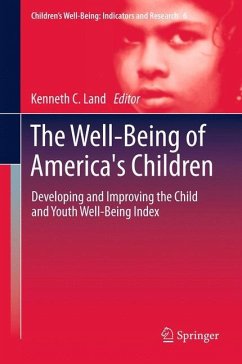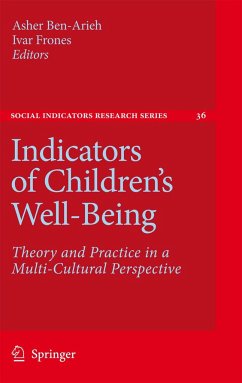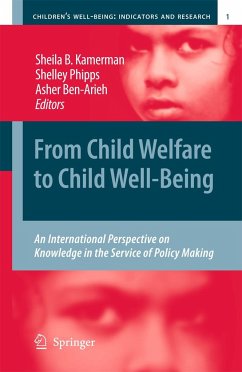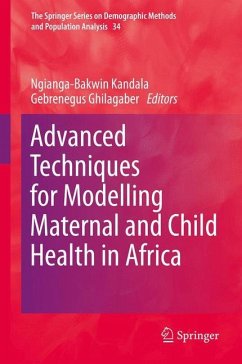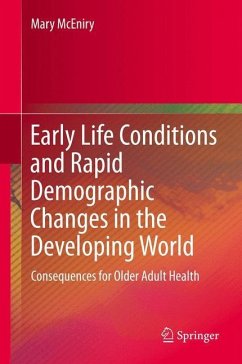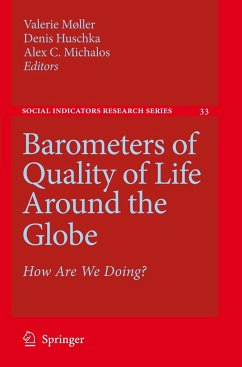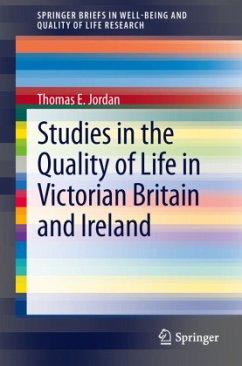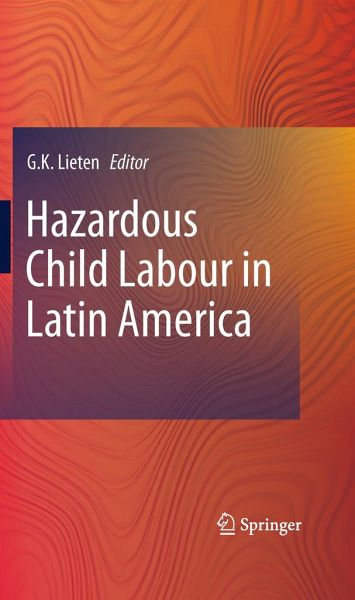
Hazardous Child Labour in Latin America

PAYBACK Punkte
46 °P sammeln!
In order to bridge the lack of information on child labour and to stimulate policy interventions the IREWOC Foundation (International Research on Working Children) has undertaken action-based research in the field of the worst forms of child labour in Latin America. In 2006 and 2007 a comparative study on the Worst Forms of Child Labour was carried out in 7 different economic sectors in Bolivia, Guatemala and Peru focussing on the hazardous worst forms. The central research objectives were as follows:-to map the working and living situations of children who are working in specific economic sec...
In order to bridge the lack of information on child labour and to stimulate policy interventions the IREWOC Foundation (International Research on Working Children) has undertaken action-based research in the field of the worst forms of child labour in Latin America. In 2006 and 2007 a comparative study on the Worst Forms of Child Labour was carried out in 7 different economic sectors in Bolivia, Guatemala and Peru focussing on the hazardous worst forms. The central research objectives were as follows:-to map the working and living situations of children who are working in specific economic sectors and what the consequences of this work are for their physical and emotional wellbeing.-to investigate the reasons why these children are working in these worst forms sectors. The research results were expected to give important insights into the currently polarised debate between those who state child labour is above all related to cultural considerations and those who state that economic reasons are fundamental to the phenomena of child labour.- to map the existing policy initiatives for child labourers in the worst forms and to identify the best practices. In the face of challenges imposed by achieving the Millennium Development Goals (MDGs) set by the UN, specific attention was paid to educational initiatives. Is education a useful tool in combating child labour, and vice versa, is child labour a significant obstacle to achieving universal primary education?Although the evidence from the various cases discussed in the book illustrate positive trends in terms of the worst forms of child labor, thousands of children were still found to be engaged in activities that form a direct threat to their physical, mental and moral health and jeopardize their education. This book proposes several practical recommendations for possible interventions.




